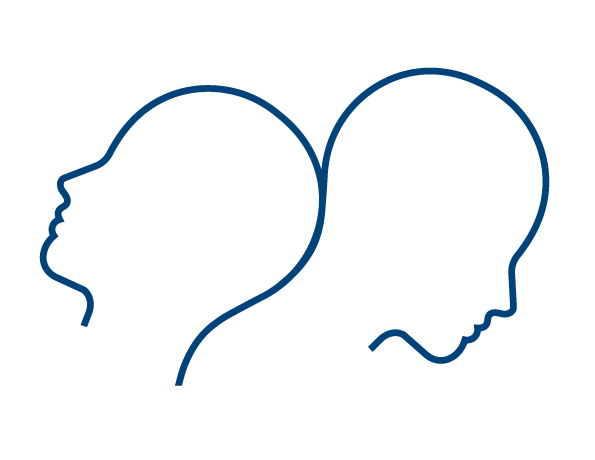Psychosocial consequences of the COVID-19 pandemic
About This Project
Impact of COVID-19 Pandemic on Sleep Quality, Stress Level and Health-Related Quality of Life—A Large Prospective Cohort Study on Adult Danes
Didriksen M, Werge T, Nissen J, Schwinn M, Sørensen E, Nielsen KR, Bruun MT, Banasik K, Hansen TF, Erikstrup C, Ostrowski SR. Impact of COVID-19 Pandemic on Sleep Quality, Stress Level and Health-Related Quality of Life—A Large Prospective Cohort Study on Adult Danes. International journal of environmental research and public health. 2021 Jan;18(14):7610.
Abstract
The everyday lives of Danish inhabitants have been affected by the COVID-19 pandemic, e.g., by social distancing, which was employed by the government in March 2020 to prevent the spread of SARS-CoV-2. Moreover, the pandemic has entailed economic consequences for many people. This study aims to assess changes in physical and mental health-related quality of life (MCS, PCS), in stress levels, and quality of sleep during the COVID-19 pandemic and to identify factors that impact such changes, using a prospective national cohort study including 26,453 participants from the Danish Blood Donor Study who answered a health questionnaire before the pandemic and during the pandemic. Descriptive statistics, multivariable linear and multinomial logistic regression analyses were applied. A worsening of MCS and quality of sleep was found, and an overall decrease in stress levels was observed. PCS was decreased in men and slightly increased in women. The extent of health changes was mainly affected by changes in job situation, type of job, previous use of anti-depressive medication and the participants’ level of personal stamina. Thus, living under the unusual circumstances that persisted during the COVID-19 pandemic has had a negative impact on the health of the general population. This may, in time, constitute a public health problem.

